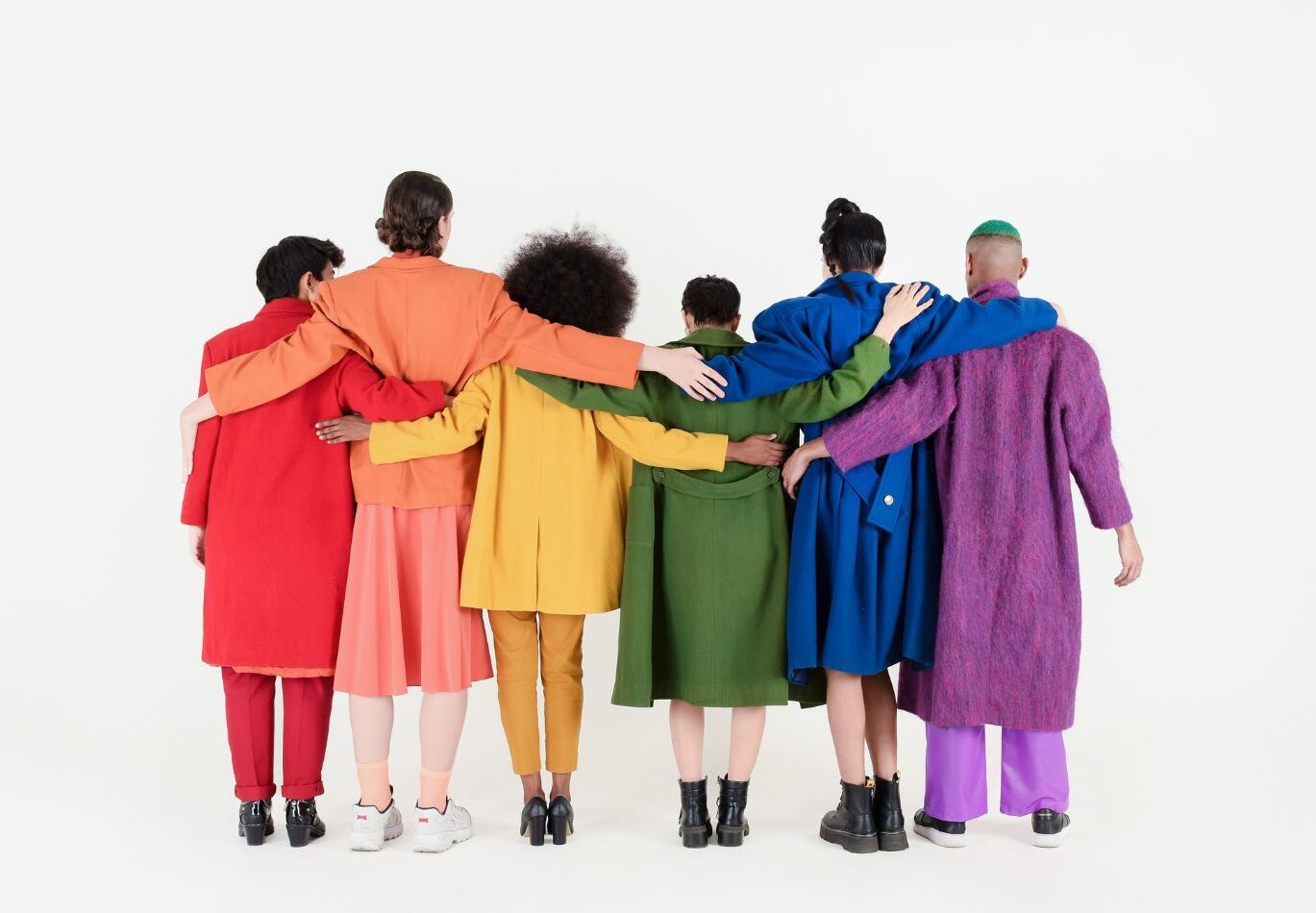Rainbow Collar Jobs: Spotlight on LGBTQ Career Representation in 2024
It’s a fact: queer people feel more represented in some fields more than others. But no matter the company policies, most businesses want to avoid workplace inequality. Not only does it hinder productivity, but it also limits the talent pool for employers looking to fill out a position.
On one end of the spectrum, certain occupations seem to have a scarcity of queer voices, creating a challenging environment for them to flourish. External barriers and discouragement from peers can cast a long shadow over these professions, making it an uphill battle for queer individuals to find success. Conversely, some fields have become such diverse hubs for queer representation, that they’ve practically been conflated with stereotypes.
Some studies hypothesize that queer people are more likely to apply for jobs with higher task independence, possibly to make it easier to conceal sexual orientation.
Furthermore, it seems like queer people prefer occupations that require a high level of social perceptiveness, as reading social cues in others is considered an essential skill while growing up inside of the closet.
These two combined, plus other factors, have led queer people to feel more comfortable working in the following fields:
Psychology
What workplace is more appealing than one where you can express yourself authentically, and help others do the same? Psychologists often work in environments that prioritize empathy, understanding, and inclusivity. This is a mostly female-populated workplace.
Law
LGBTQ individuals may also be drawn to law for its emphasis on critical thinking, argumentation, and research skills, which can empower them to advocate for themselves and others within the community. But the legal field also has a lot of task independence, allowing lawyers to operate solo practices or work in small law firms, where they’d probably manage their own caseloads or set their own schedules.
Social Work
Is there anything more fulfilling than working with diverse communities and advocating for positive systemic change? Social work involves a whole lot of that. With its focus on social justice and support of marginalized populations, its no surprise that this field attracts some of the more empathetic members of the queer community.
Education
LGBTQ individuals may be drawn to education as a means of creating inclusive and affirming environments for students, colleagues, and communities. Education provides a platform for LGBTQ individuals to address issues such as bullying, discrimination, and mental health disparities among LGBTQ youth, contributing to a more equitable and supportive learning environment.
Air Travel Asssistants
There’s some evidence that the airline industry is where many people can “live and work as their authentic selves”, more than other occupations. Air travel assistants have the opportunity to interact with a diverse range of passengers from around the world, so by nature, this field has to be incredibly inclusive and diverse. This field is highly populated by queer men.
A spokesperson for the International Association of Flight Attendants once said: “Decades before the law caught up, we worked together to negotiate job protections for LGBTQ+ workers and secured domestic partner benefits in contracts. Our solidarity has allowed thousands of flight attendants to live and work as their authentic selves.”
Actors and entertainers
Acting and entertainment tend to be stereotyped as a field populated by queer people, but the underlying reason for its popularity could be its high degree of task independence.
Performance artists, such as musicians, dancers, or comedians, often have full control over their creative expression and performance schedules, with the added benefit of a more diverse and non-judgemental field of work.
Coffee shop workers
Baristas typically have a degree of task independence in managing daily operations within the coffee shop. They prepare beverages, interact with customers, and handle cash transactions autonomously.
Authors and Writers
Self-published authors have complete task independence in writing, editing, publishing, and marketing their books. They make all creative decisions and manage their own timelines and royalties.
On the other hand, these fields tend to have the least amount of queer people working in them.
Farming & Agriculture
Social isolation and lack of community support are big no-no’s for queer people. Farming work isn’t as inherently discriminatory, but it often involves working in rural areas with limited access to LGBTQ friendly resources and support networks.
Plumbing
Similar to other trades, the plumbing industry may be characterized by a machismo culture that marginalizes LGBTQ individuals, specially with a pervasive belief that low quality work correlates with sexuality.
Construction Work
This encompasses specific trades like brick-laying, roof tiling and scaffolding work. As a traditionally male-dominated industry, construction work tends to have less inclusive organizational cultures. Entrenched stereotypes and the industry’s reputation for machismo culture raise significant barriers to entry, as do discriminatory hiring practices.
Of course, queer people don’t make these choices on a whim: it could be that many of the latter professions aren’t queer-friendly or draw participants from backgrounds that are themselves not queer-friendly, but at the end of the day, both of these contribute to occupational segregation. It’s likely that most queer people prefer fields where they feel more independent, or have the potential to positively impact the lives of others. Understanding the underlying reasons for inequality between workers is key to improving the inclusivity and diversity rates among professions.
By: Sebastian Calderon
For latest updates Download P+us app available on Google App Store



